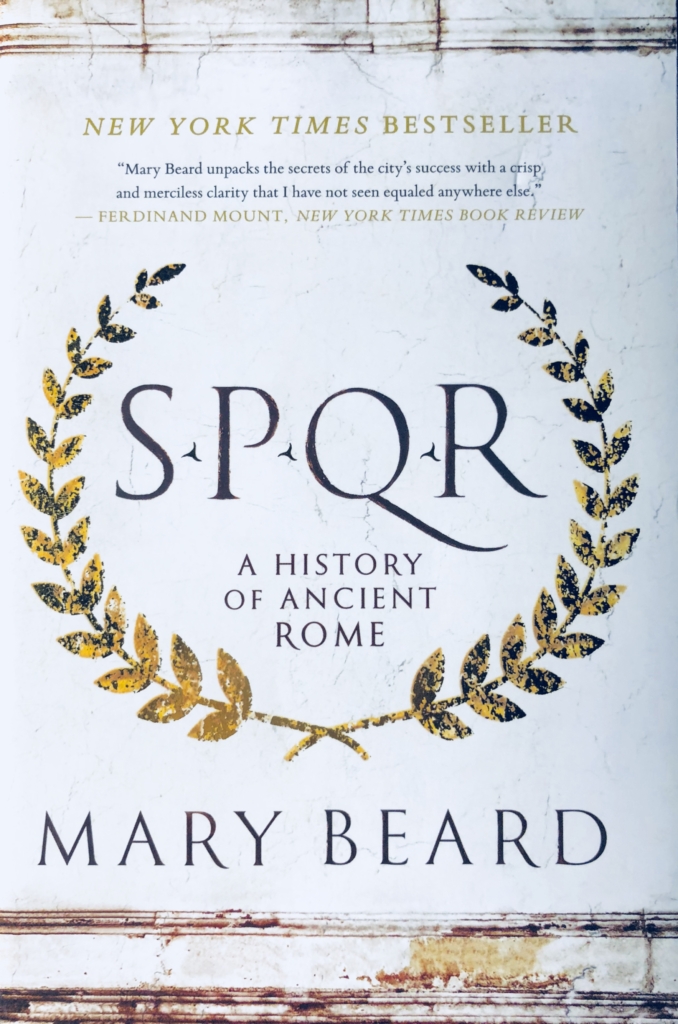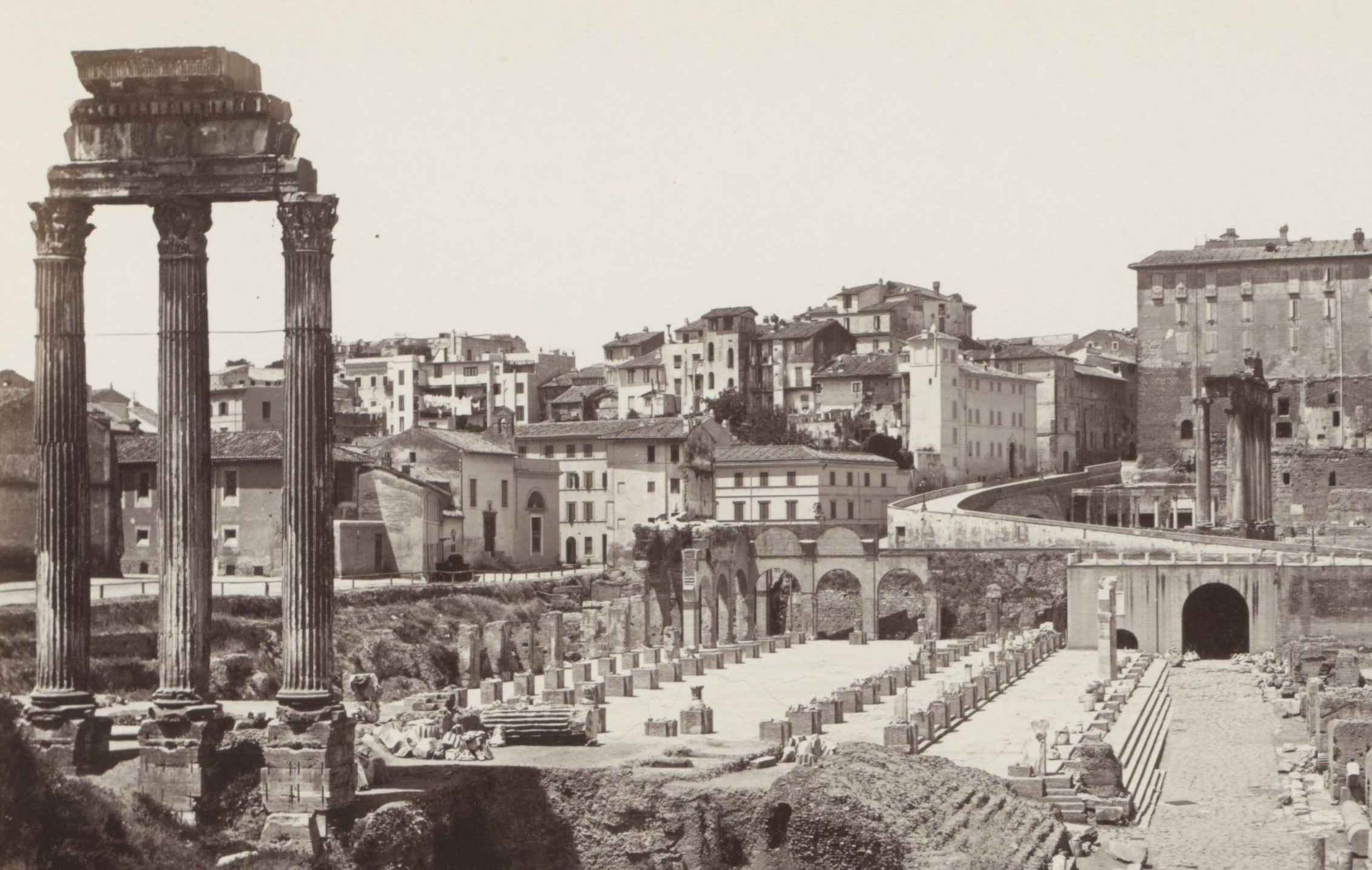Notes from an Apocalypse by Mark O’Connell
Notes from an Apocalypse by Mark O’Connell is not the book you’re expecting—but unquestionably the book we all need during the seismic shift of COVID-19. Throughout, you follow the conversational meditations of this worried yet apprehensively optimistic author as he goes through the same mental loops I’ve felt myself circling time and time again. How do you stay positive in a world you feel is doomed? How do you exist when even your very existence is harmful to the planet? O’Connell holds these questions to the light and immerses himself in disaster preparedness subcultures as he hunts for the answers. A prelude to our own time, the bunkers and compounds of O’Connell’s investigations take on extraordinary significance for a current reader as they’re presently in use. However, O’Connell’s criticism of the preppers’ rampant individualism and the Mars colonizers’ elitism suggests that only a collective display of strength can truly address an apocalypse. Right now, the hypothetical crisis has come to life. And it is with great pleasure that the communal spirit O’Connell found so important is the energy fueling coronavirus relief efforts worldwide. We’re staying home; we’re social distancing. Reading Notes from an Apocalypse during this pandemic provided me with two sets of conclusions. The first, that people have been readying for this event for years—sparking intrigue into what these preppers are doing now. And, more importantly, the second, that the preppers got it wrong. We’re in this together, muscling through COVID-19 by thinking about the greater good. And I can’t think of a more calming conclusion to have encountered.
-Cassidy Sattler

SPQR by Mary Beard
Mary Beard’s SPQR reads as something between an historical narrative and moment-by-moment account of the rise of Rome. Beard weaves in and out of raw historical detail and intriguing description seamlessly. Not just an account of what happened, she creates a portrait of the stages in Rome’s rise. SPQR is unique in its accessibility. It is comprehensive yet entertaining, consumptive but not fatiguing.
Spanning from the mythical foundation of Rome to the year 212 AD, Beard narrates the history of key figures with an awareness of those left out of the narrative. SPQR looks at Rome through a modern lens with the benefit of hindsight, which makes glaringly obvious the biases of Roman society. She is democratic in her treatment of key figures, recognising the role Julius Caesar plays in the popular imagination, but refraining from giving him undue attention. Studded throughout are little titbits of peripheral, yet humorous history, like an account of Pompey’s ‘diet,’ which required he regurgitate his food, and Cicero’s entertaining descriptions of ill-suited marriage propositions.
Overall, the text is fascinating, and does an excellent job of telling the story of Rome to history-buffs and the generally intrigued alike. Though some historians could poke holes in Beard’s work, calling it selective, this is a book that isn’t meant for them—it is meant for a broader reading public . Beard is an exceptional academic and writer; the accessibility of this text exhibits that perfectly.
-Charlie Munns

